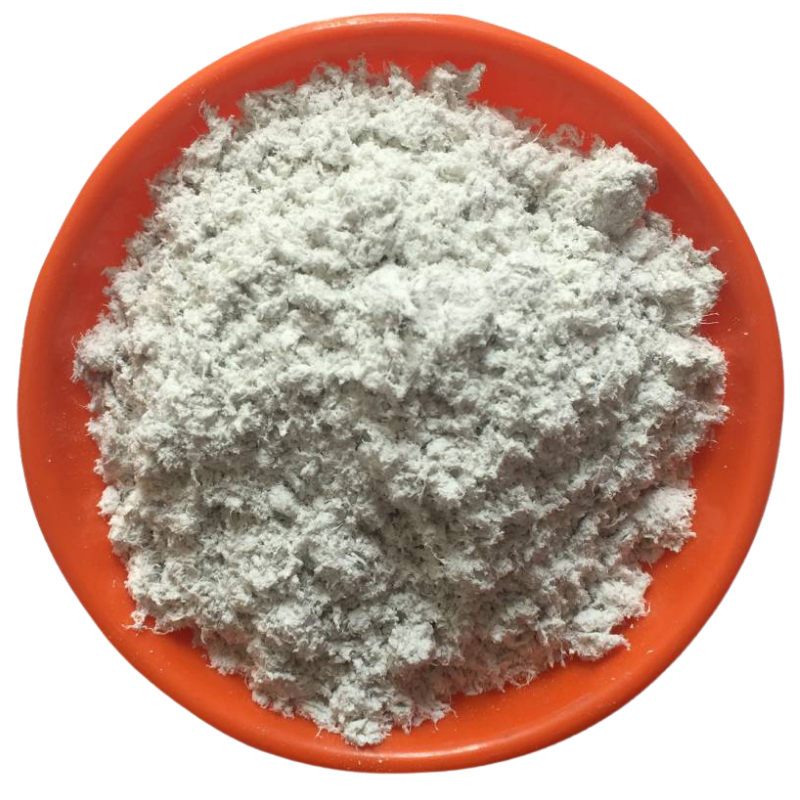
use of calcium carbonate and calcium hydroxide in agriculture
The Use of Calcium Carbonate and Calcium Hydroxide in Agriculture
Agriculture plays a critical role in sustaining global food production, and soil health is pivotal to successful farming practices. Among the various amendments used to improve soil quality, calcium carbonate (CaCO3) and calcium hydroxide (Ca(OH)2) are two important compounds that have gained attention for their benefits in agriculture. This article aims to explore the roles of these calcium compounds in improving soil productivity, enhancing crop yields, and promoting sustainable farming practices.
Calcium Carbonate A Soil Amendment
Calcium carbonate is one of the most widely used soil amendments in agriculture, primarily due to its ability to raise soil pH and reduce acidity. Acidic soils can hinder plant growth by limiting nutrient availability and affecting the microbial community essential for soil health. By applying calcium carbonate, farmers can neutralize soil acidity, making essential nutrients more accessible to plants.
Additionally, calcium carbonate contributes to the provision of calcium ions, which are vital for various physiological processes in plants. Calcium plays a crucial role in maintaining cell wall structure, regulating nutrient uptake, and facilitating enzymatic activities. The application of calcium carbonate not only improves the physical and chemical properties of soil but also promotes stronger root development and overall plant health.
Moreover, the use of calcium carbonate can have environmental advantages, as it helps to reduce the leaching of nutrients such as nitrogen and phosphorus. When soils are too acidic, there is a higher probability of nutrient leaching, which can contribute to water pollution through runoff. By improving soil pH, calcium carbonate applications can minimize nutrient loss and enhance fertilizer efficiency.
Calcium Hydroxide Benefits and Applications
Calcium hydroxide, also known as hydrated lime, is another important material used in agriculture. With a higher solubility than calcium carbonate, it acts more rapidly in adjusting soil pH. This is particularly beneficial in situations where immediate pH correction is necessary. Additionally, calcium hydroxide can be used in soil treatment to manage soil salinity and alkalinity, providing a remedy for soils affected by excessive salts.
use of calcium carbonate and calcium hydroxide in agriculture

The applications of calcium hydroxide extend beyond soil amendment. It is also used in water treatment processes essential for agriculture, helping to control pathogens and improve water quality for irrigation. Clean and pathogen-free water is crucial for crop irrigation, as contaminated water can lead to significant agricultural losses due to disease.
In addition to these benefits, calcium hydroxide also contributes to pest and disease management in agriculture. Its antibacterial and antifungal properties make it a valuable tool for the control of various pathogens affecting crops. This dual role in soil health and plant protection supports sustainable agricultural practices by reducing the reliance on synthetic pesticides.
Challenges and Considerations
While the benefits of calcium carbonate and calcium hydroxide are significant, there are also challenges and considerations that farmers must keep in mind. Over-application can lead to soil imbalances, which may pose risks to crop health. Therefore, it is essential to conduct soil tests before any amendment practices to tailor applications to specific soil needs.
Additionally, the choice between calcium carbonate and calcium hydroxide often depends on the specific agricultural conditions and soil chemistry. Farmers should not only consider the immediate effects of these amendments but also their long-term impacts on soil health and fertility.
Conclusion
The utilization of calcium carbonate and calcium hydroxide in agriculture plays a vital role in promoting soil health, improving crop yields, and ensuring sustainability in farming practices. As agriculture faces increasing challenges from soil degradation, climatic changes, and the demand for increased food production, the integration of these calcium compounds into farming strategies offers promising solutions. Through careful management and application, farmers can harness the power of calcium carbonate and calcium hydroxide to create healthier soils, leading to more resilient crops and sustainable agricultural systems.
Share
-
Premium Resin Coated Sand - High Heat Resistance CastingNewsJul.31,2025
-
High Quality Silicon Carbide Grit for Abrasive ApplicationsNewsJul.30,2025
-
High-Quality Ceramsite for Plants & Gardening | Lightweight PebblesNewsJul.29,2025
-
Premium Burgundy Glass Marbles for Vases & Shooter GamesNewsJul.29,2025
-
High Purity Quartz Sand for Industrial and Ground ApplicationsNewsJul.29,2025
-
High-Quality Barite Powder for Drilling & Industrial UseNewsJul.29,2025






